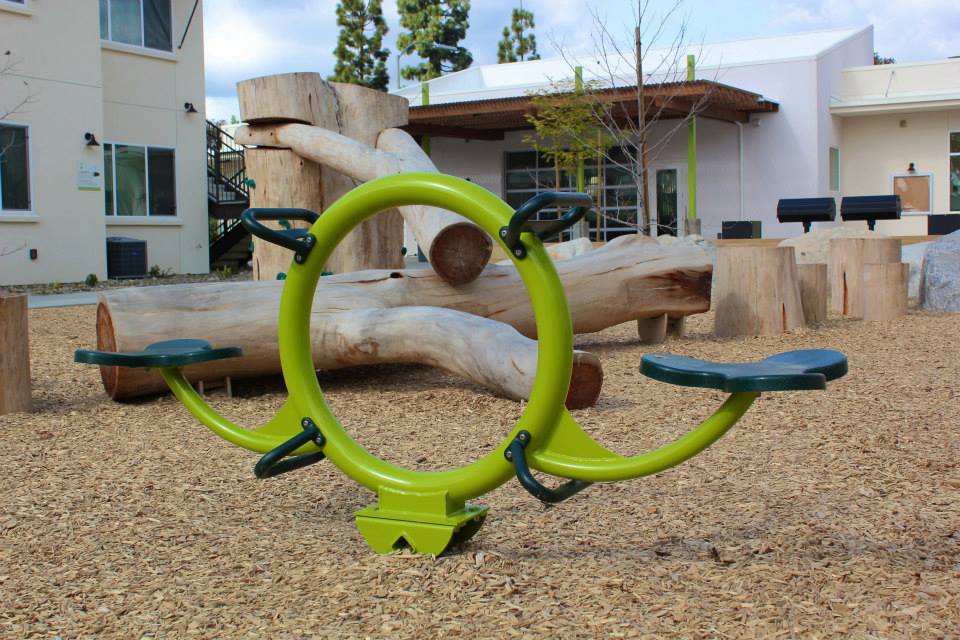Military Base Child Development Centers
PDPlay has provided natural playgrounds and outdoor learning environments to military child development centers all over the U.S. Child Development Centers (CDCs) are on-post facilities that offer full-time, part-time and »






